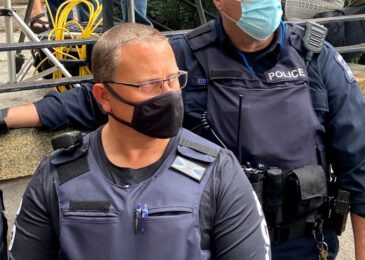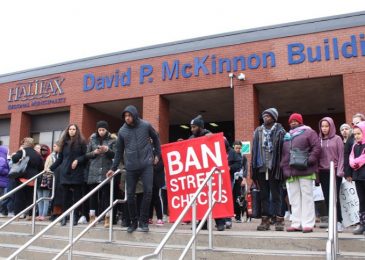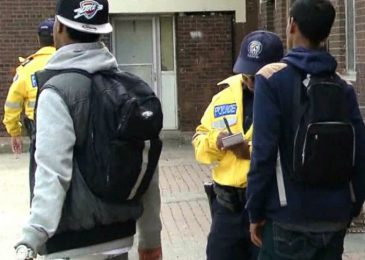RCMP’s refusal to apologize reminder that policing in rural Nova Scotia is mostly a free for all for racist cops
Some thoughts about the RCMP’s refusal to apologize for racist street checks. If you think the Halifax Board of Police Commissioners isn’t doing a good job, wait til you find out about rural Nova Scotia…








